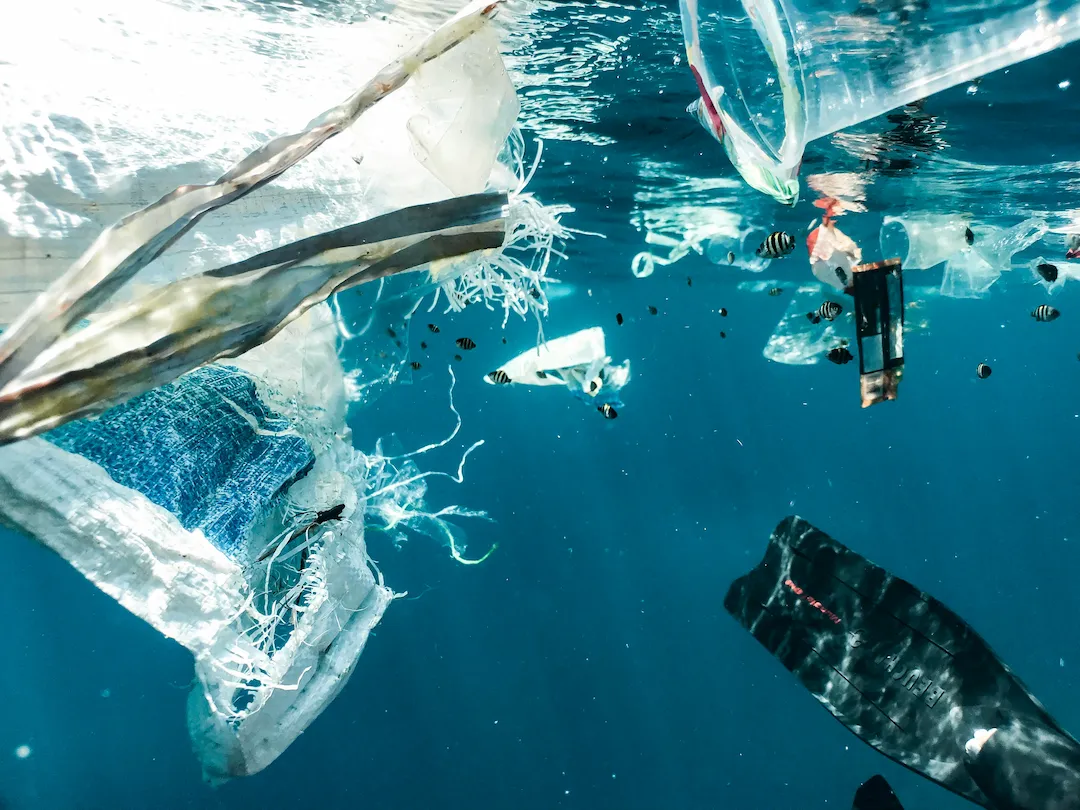 Plastic Pollution and Recycling
Plastic Pollution and Recycling

Plastic pollution is growing relentlessly as waste management and recycling fall short¹. The world is now producing twice as much plastic waste as it did twenty years ago, yet only 9% is successfully recycled¹. Most of it ends up buried, burned, or leaking into waterways, contributing to the growing plastic footprint of everyday life¹.
Why this matters
Each person’s daily plastic footprint, single-use bags, bottled water, packaging may feel insignificant, but collectively it’s staggering. The OECD Global Plastics Outlook report reveals that nearly two-thirds of plastic waste comes from items with lifetimes under five years, such as packaging, clothing, and single-use goods¹.
Only 9% is recycled, while 50% ends up in landfill and 22% escapes into nature¹. On average, each person generates about 69 kilograms of plastic waste every year¹. If nothing changes, global plastic production is expected to nearly triple by 2060².
That’s why Plastic Free July is more than a personal challenge, it’s a global opportunity.
25 practical eco swaps for everyday life
- Offset your footprint with Plastic Bank
- Bring a reusable water bottle
- Use reusable shopping bags
- Carry your own coffee cup
- Switch to bar soap
- Try a bamboo toothbrush
- Use shampoo bars
- Store food in glass containers
- Pack lunch in metal or reusable containers
- Bring cloth produce bags
- Buy in bulk
- Refill home cleaners
- Swap disposable razors
- Carry your own straw
- Skip plastic cutlery
- Use compostable partyware
- Avoid microbeads
- Shop second-hand
- Say no to overpackaged goods
- Repair rather than replace
- Host a plastic free picnic
- Compost food waste
- Use reusable menstrual products
- Buy from local producers
- Share your tips
Ready to make Plastic Free July last all year?

Every small swap adds up. By choosing just a few of these actions, you help reduce the demand for virgin plastic, support ethical alternatives, and inspire others to do the same.
Plastic Free July isn’t about being perfect, it’s about being intentional. Whether you’re starting with one change or many, your choices can ripple out and drive real impact.
And if you’re looking for a meaningful first step, start by offsetting your plastic footprint with Plastic Bank. Your membership helps recover plastic waste from vulnerable coastal communities, supports local livelihoods, and ensures that plastic is ethically collected and recycled. It’s a way to turn your impact into something regenerative.
Let’s make plastic free living more than a moment. Let’s make it a movement.
- OECD, “Plastic pollution is growing relentlessly as waste management and recycling fall short,” OECD, February 22, 2022, https://www.oecd.org/environment/plastic-pollution-is-growing-relentlessly-as-waste-management-and-recycling-fall-short.htm
- OECD, “Global plastic waste set to almost triple by 2060, says OECD,” OECD, June 3, 2022, https://www.oecd.org/en/about/news/press-releases/2022/06/global-plastic-waste-set-to-almost-triple-by-2060.html






